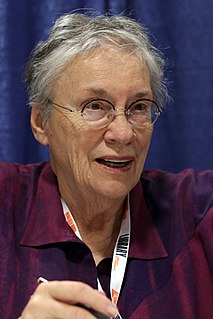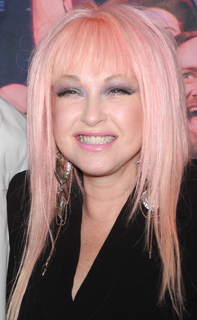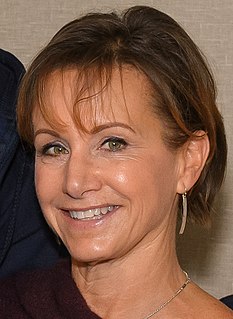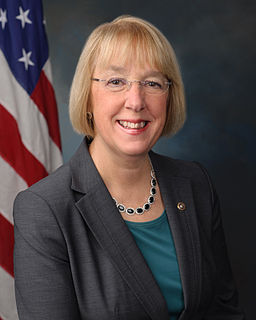A Quote by Annie Proulx
We're all strange inside. We learn how to disguise our differences as we grow up.
Related Quotes
In fantasy stories we learn to understand the differences of others, we learn compassion for those things we cannot fathom, we learn the importance of keeping our sense of wonder. The strange worlds that exist in the pages of fantastic literature teach us a tolerance of other people and places and engender an openness toward new experience. Fantasy puts the world into perspective in a way that 'realistic' literature rarely does. It is not so much an escape from the here-and-now as an expansion of each reader's horizons.
I think that it is a part of growing up, learning to control our suffering. I think that when we grow up, and learn that happiness is rare, and passes quickly, we become disillusioned and hurt. And how much we suffer is a mark of how much we have been hurt by this realisation. Suffering, you see, is a kind of anger. We rage against the unfairness, the injustice of our sad and sorry lot.
In an ideal world we would all learn in childhood to love ourselves. We would grow, being secure in our worth and value, spreading love wherever we went, letting our light shine. If we did not learn self-love in our youth, there is still hope. The light of love is always in us, no matter how cold the flame. It is always present, waiting for the spark to ignite, waiting for the heart to awaken and call us back to the first memory of being the life force inside a dark place waiting to be born - waiting to see the light.






































